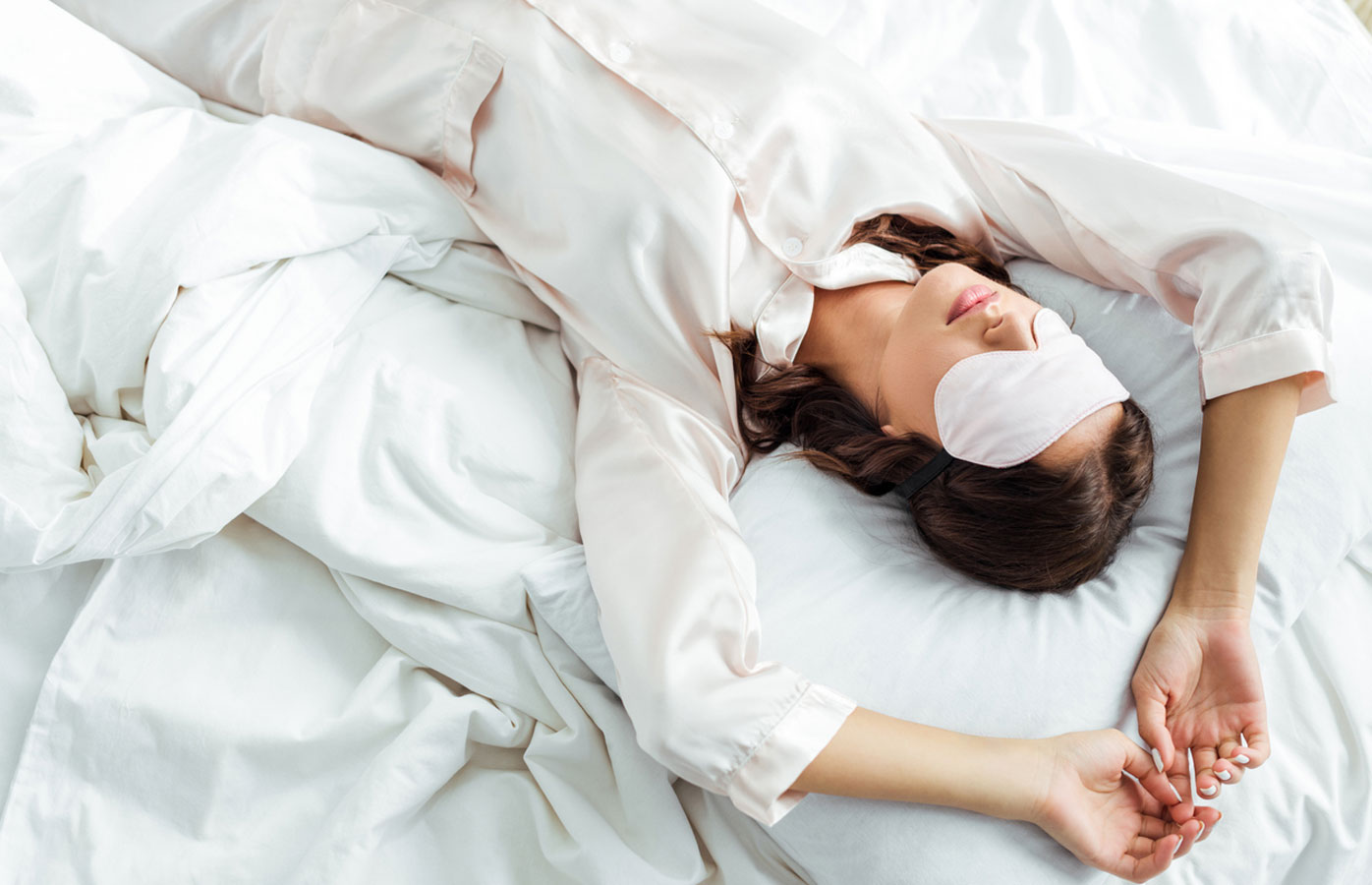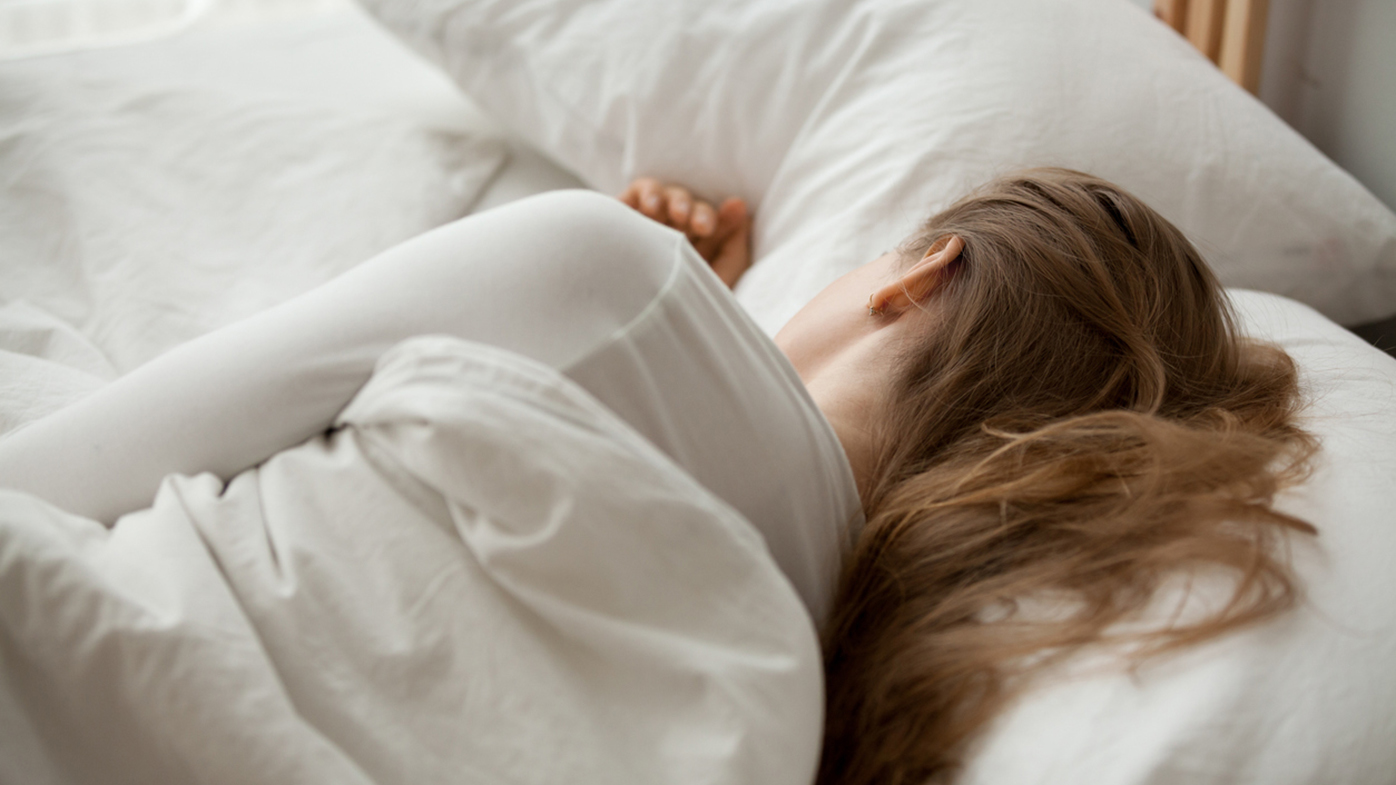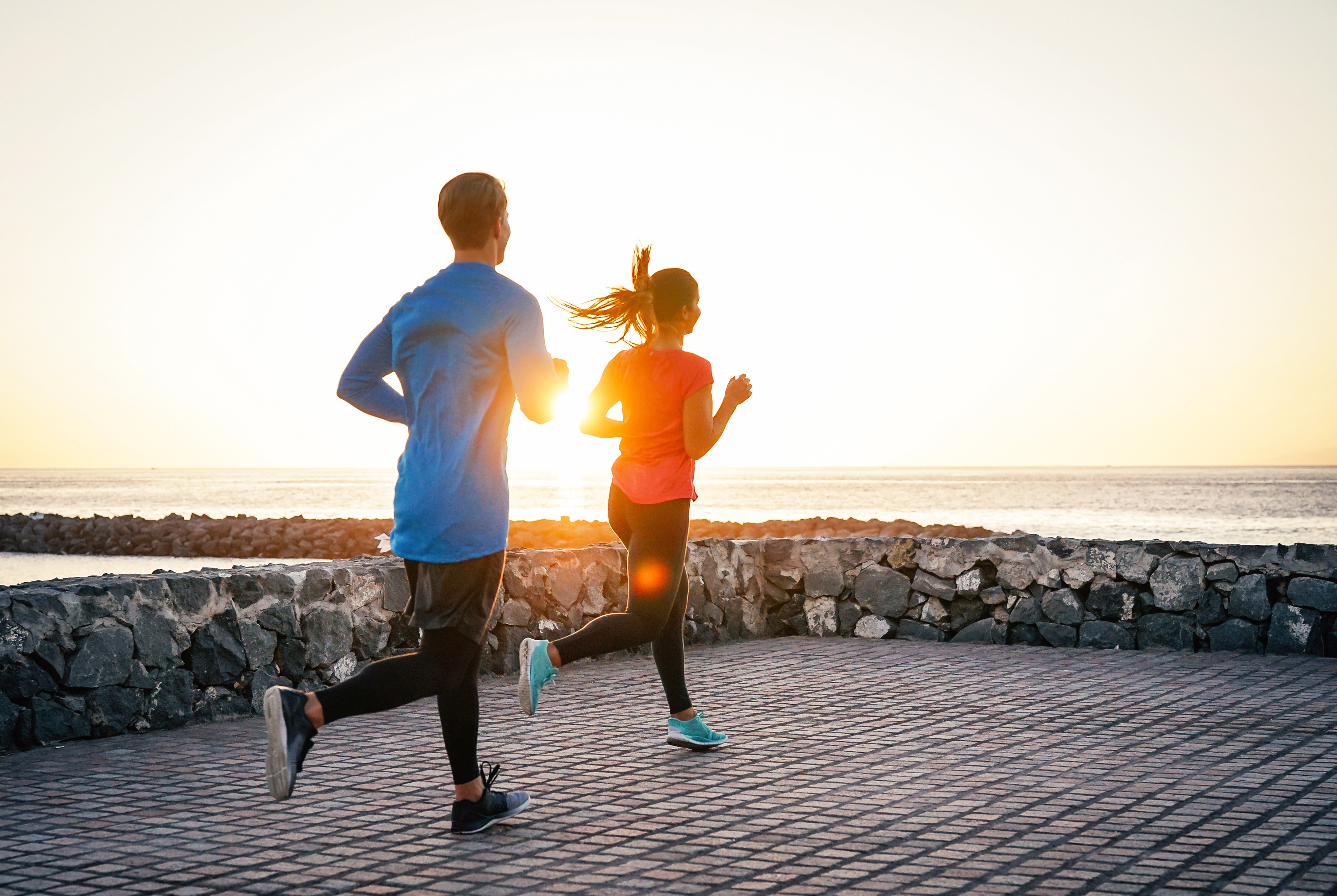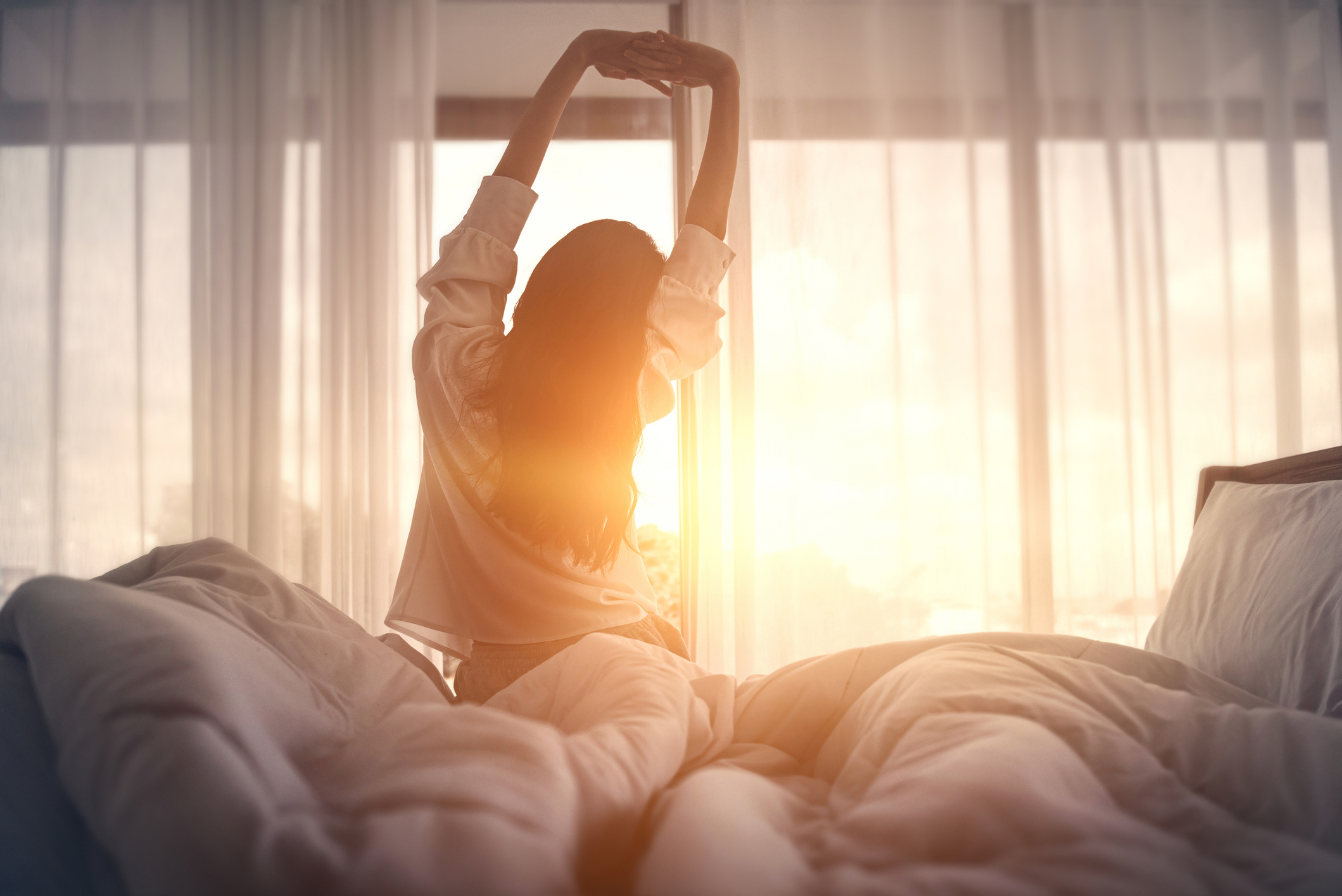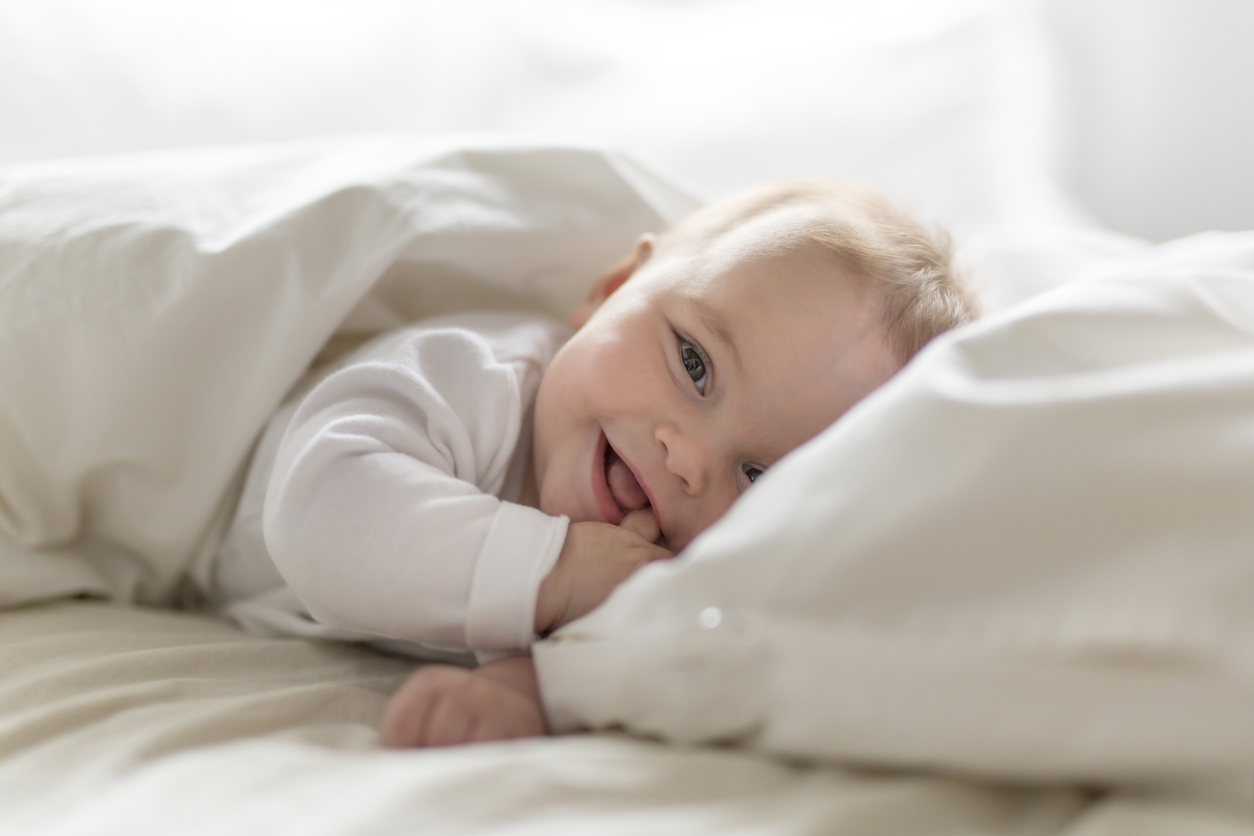The sun has started to dip behind the clouds and the woolly sweaters are coming out from storage as the winter months creep around the corner.
This weekend marks the end of daylight saving time and with it we farewell the warmer months.
While Aussies in Queensland, the Northern Territory or Western Australia can go about as normal, the rest of us will see our clocks fall back an hour at 3am on Sunday morning.
READ MORE: Daylight saving is ending this weekend – here’s what to do
Thankfully, the shift means Aussies get an extra hour of sleep on Sunday and early risers will be treated to more light in the morning.
While the change won’t have any drastic impact on our routines and sleep patterns it may leave us feeling a little out of sorts for a few days until our body clocks adjust.
The good news
Health psychologist and CEO of the Sleep Health Foundation Dr Moira Junge explains that our body’s circadian rhythm, which is essentially our body’s internal clock, is very reliant on light and dark cycles.
This being so any time change, even by an hour, can offset our body’s natural rhythm. Fortunately, the effect on our bodies is much less dramatic this time round than when our clocks sprang forward last Spring.
READ MORE: Tragic story behind new Diana photo: ‘We were very much in it together’
“The good news is this particular weekend for us in the Southern Hemisphere, we get an extra hour of sleep,” she explained.
“So mostly people are very happy with that, but nonetheless, their body clock will be out by an hour.”
How to adjust to the end of Daylight Saving time?
When the clocks fall back, Junge suggests that Aussies make the most of the extra morning light.
She says that getting exposure to light first thing in the morning is the best way to adjust “as quickly as possible”.
She encourages people to “get out in the light” for at least half an hour in the morning if they can.
It is this early exposure to light that “resets your body clock” and “suppresses melatonin” helping individuals feel more alert for their days.
According to Junge, most people will adjust naturally “within a few days” but for those who worry about the adjustment there are some things they can do to prepare.
READ MORE: Expert reveals behind the scenes truth of Kate’s cancer video
Junge says Aussies could try shifting their bed time and wake up times by 15 minute increments in the days leading up to Sunday so the “big hour difference isn’t as much of a shock”.
The Sleep Health Foundation has also listed several strategies people can use to adjust. These include eating a good breakfast, exercising outside in the morning, avoiding caffeine drinks in the evening and attempting to get between seven to nine hours of sleep each night.
Being extra mindful of these important sleep strategies in the coming days can help Aussies settle into the new routine, Junge says.
For those who may struggle with the adjustment or have other struggles or concerns around their sleep health, Junge suggests reaching out for professional assistance.
READ MORE: How to choose a cruise line that’s right for you
Aussies sleeping better in winter
Thankfully, Aussies can expect to sleep better in the coming months as the days become shorter and colder.
Junge, who spent decades speaking with people about their sleep in her role as a psychologist specialising in sleep disorders, says anecdotally people seem to sleep better in winter.
This is in part due to the cooler weather and darker evenings but also due to people generally being less busy during the winter period.
“[Sleeping in] the summer months was harder for [some patients] because there was more light, there was more heat and more activities,” she explained.
“The winter months were much better for them.”
The little ones
Unfortunately this may not be so for those living with little ones.
“Little kids don’t get the memo,” Junge says.
With even the slightest change having the capacity to throw a sleeping routine out of whack, parents can prepare for a few rocky nights.
READ MORE: What you need to know about your child’s sleep as daylight saving ends
Fortunately there are some preparations parents can make for the coming changes including slowly shifting bedtimes and using block out blinds.
Healthy sleep for healthy lives
While the end of Daylight Saving has Aussies thinking more about their sleep, the Sleep Health Foundation believes it is important to focus on sleep all year round.
In our modern society that is filled with artificial light and busy schedules, many Aussies are sleeping poorly.
According to the Australian Institute of Health and Welfare, almost half of Australia experiences inadequate sleep.
With healthy sleep being essential for physical and mental health, the foundation says “promoting better sleep should be a priority for all Australians”.
FOLLOW US ON WHATSAPP HERE: Stay across all the latest in celebrity, lifestyle and opinion via our WhatsApp channel. No comments, no algorithm and nobody can see your private details.
